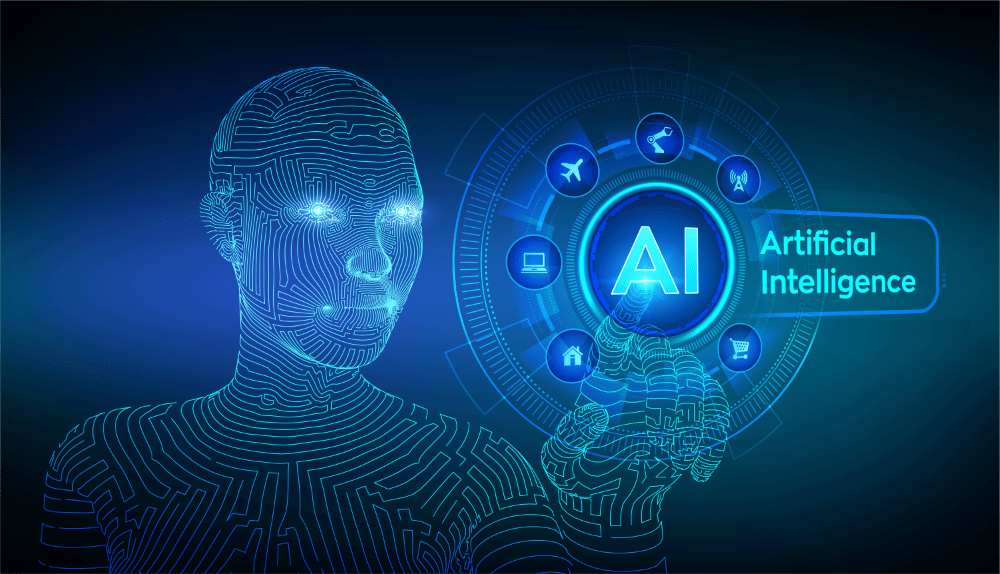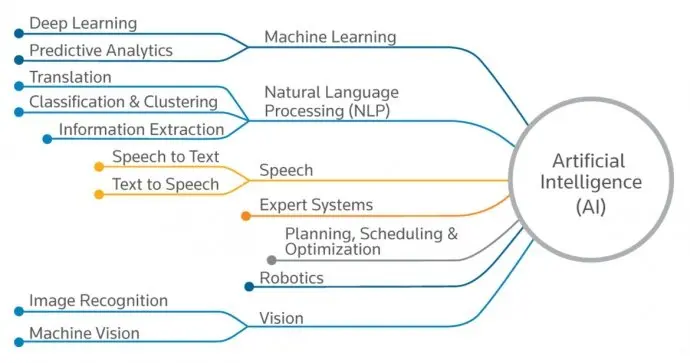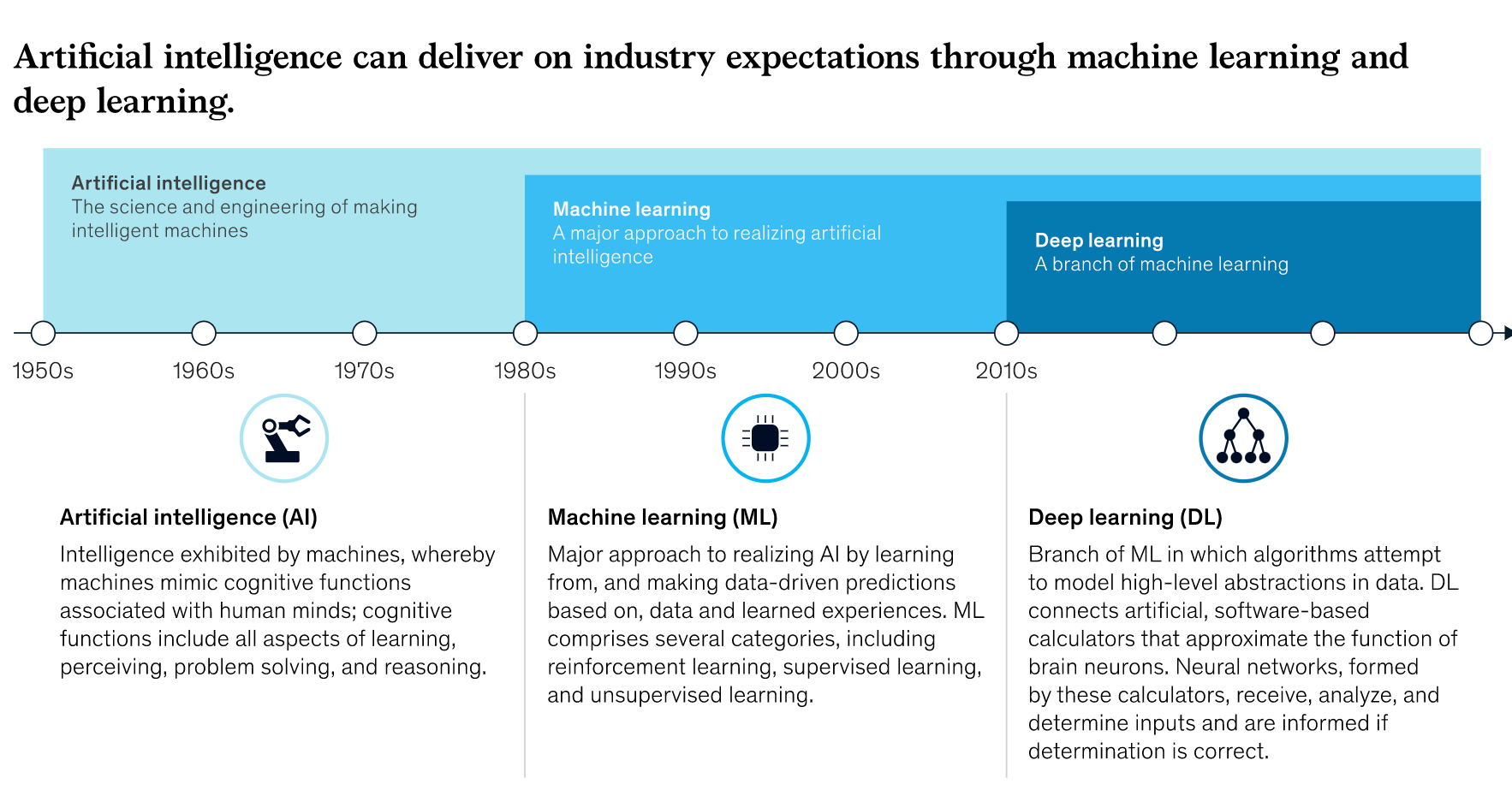Comments
- No comments found

Artificial Intelligence (AI) is entering a new stage just as we enter an economic recession caused by the pandemic and hyperinflation.
Despite some progress made by AI, the most advanced algorithms can't still explain what caused one object to collide with another.
Based on capabilities, artificial intelligence can be classified into three types:
Narrow AI
General AI
Super AI
Artificial intelligence is impacting every single aspect of our future, but it has a fundamental flaw that needs to be addressed.
The fundamental flaw of artificial intelligence is that it requires a skilled workforce. Apple is currently leading the race of artificial intelligence by acquiring 29 AI startups since 2010.
Success in creating effective AI, could be the biggest event in the history of our civilization. Or the worst. We just don't know. So we cannot know if we will be infinitely helped by AI, or ignored by it and side-lined, or conceivably destroyed by it.
Stephen Hawking

Artificial intelligence remains a vague concept, almost 65 years after its inception. Today’s artificial intelligence applications are very context-specific. Real artificial intelligence is not explicitly data focused–in contrast to data science. Nonetheless, AI has achieved great success in many different fields including robotics, speech recognition, facial recognition, social media, data science, healthcare, and finance.
Humans rely on innate, pre-linguistic core knowledge of space, time and many other essential properties of the world in order to learn and understand language. If we want robots powered by artificial intelligence to similarly master the human language, we will need to first endow them with the primordial principles humans are born with. In order to assess machines’ understanding, we should start by assessing their grasp of fundamental principles, which one might call “infant metaphysics.”
The next wave of AI advancements is pushing towards developing emotional intelligence.

Today’s artificial intelligence (AI) is limited. It still has a long way to go.
Artificial intelligence can be duped by scenarios it has never seen before.
With AI playing an increasingly major role in modern software and services, each major tech firm is battling to develop robust machine-learning technology for use in-house and to sell to the public via cloud services.
However most of the tech companies are still struggling to unlock the real power of artificial intelligence.
Today's artificial intelligence is at best narrow. Narrow artificial intelligence is what we see all around us in computers today -- intelligent systems that have been taught or have learned how to carry out specific tasks without being explicitly programmed how to do so.
Leave your comments
Post comment as a guest